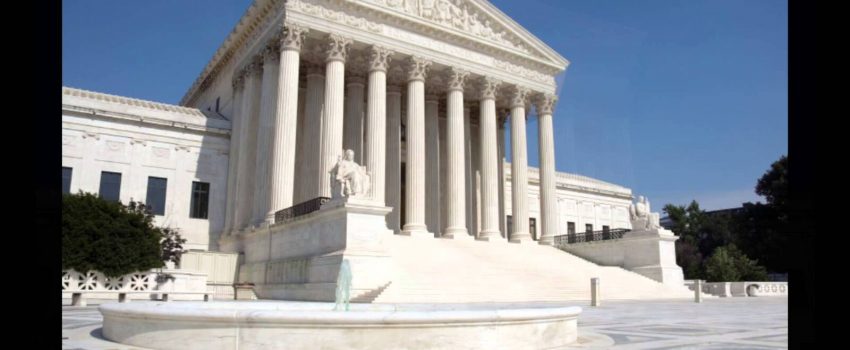On May 22, the House voted to dismantle significant portions of Dodd-Frank, sending the bill to President Trump and again delivering on his pledge to roll back regulations imposed on financial institutions after the economic collapse of 2008.
Dodd-Frank’s Complicated Foundation
The Dodd-Frank Wall Street Reform and Consumer Protection Act was passed in 2010 and has long been a target of the Trump administration and conservatives in Congress. The banking reform bill was passed with the intention to reign in risky lenders and prevent consumer fraud, but has recently been criticized for its heavy-handed approach to regulation and unchecked business structure.
The Dodd-Frank Act ushered in the creation of the Consumer Financial Protection Bureau, expanding oversight of hedge funds and private equity firms, increasing bank reporting requirements, and empowering the CFPB with authority to investigate and penalize banks and other financial organizations.
Many financial firms complained that the new regulations imposed under Dodd-Frank were overly burdensome and hindered lending and credit operations, preventing smaller, regional banks from establishing a foothold in their respective markets.
Loosening Regulatory Burdens
The regulatory rollback, which was approved by the Senate in March, passed the House on a 258-159 vote, with one Republican voting against it and 33 Democrats supporting the measure.
The bill makes sweeping changes to bank regulations put in place under Dodd-Frank and aims to ease the regulatory burdens on credit unions and regional banks. While it stops short of unwinding core components of Dodd-Frank, it does loosen the rules with regards to stress tests and asset requirements for medium-sized banks and credit unions.
Before the rollback, any bank with $50 billion or more in assets was considered a systematically important financial institution (SIFI). SIFI banks are subject to strict Dodd-Frank regulations related to borrowing, investing, and the amount of debt they are allowed to hold on their books.
Under the rollback, any bank with less than $250 billion in assets is no longer considered systematically important, which frees regional banks to consolidate without the pressure of added regulation. Proponents of the new legislation say that regulation has been getting in the way of economic growth and that the new rules will allow banks to extend more credit and compete in against the larger institutions.
Once signed into law, only nine national banks will now meet the criteria of SIFI, freeing up smaller and mid-size banks to increase lending and expand operations. Consumers may see a more extensive offering of services from their local bank, and businesses could see easier access to lines of credit and small business loans.
Many analysts see this as a good move to strengthen regional and community banks by releasing them from SIFI restrictions that may prevent them from completing mergers which would allow them to compete in a competitive marketplace.
Democrats were quick to criticize the move, noting that Dodd-Frank was established to stop banks from making risky deals. Nancy Pelosi, the Democrat minority leader in the House of Representatives, said, “It’s a bad bill under the guise of helping community banks.” She added that the bill takes us back to when “unchecked recklessness on Wall Street ignited a historic financial meltdown.”
Their message is likely to be a hard sell as midterm elections approach, with most businesses across the nation looking to grow and expand operations as the economy continues to hum along.
Once signed by President Trump, the legislation offers an exemption to some lenders from specific disclosure requirements under the Home Mortgage Disclosure Act. While Democrats complain that the exemption will open the door to discriminatory lending practices by some banks, proponents see it as freeing up loan originators to expand their product offerings without having to expend costly resources on burdensome compliance measures.
Republicans have been working for years on repealing Dodd-Frank and replacing it with their Financial Choice Act. However, with elections nearing, lawmakers found it easier to pass legislation that had bipartisan support.
Lawmakers from both parties have criticized Dodd-Frank as being overly-burdensome, placing unnecessary rules on smaller banks that had no role in the economic crisis of a decade ago. Many analysts agree that the regulations banks faced under Dodd-Frank put a stranglehold on lending and investment, ultimately slowing economic growth by restricting business and consumer access to credit.
As a law firm which represents many credit unions and regional banks, our position is that this legislation is a step in the right direction. Dodd-Frank was well intentioned, but in real-life application it raised the cost of credit, and restricted competition in the marketplace, actually harming the same consumers the legislation intended to protect.






